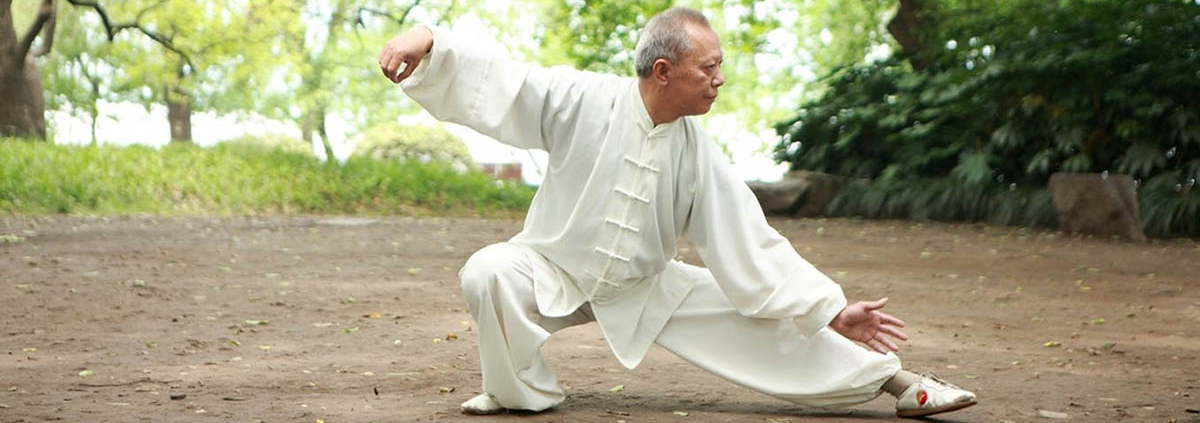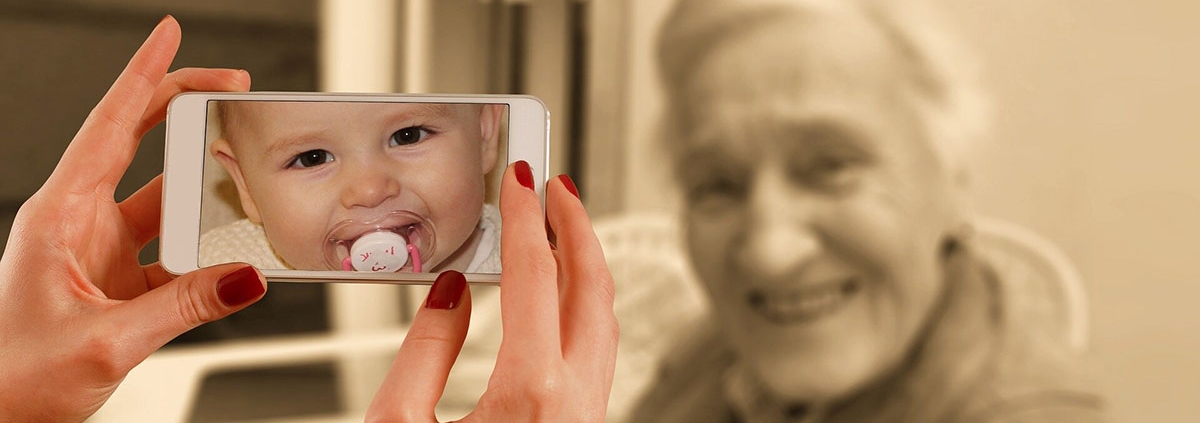Poor sleep in the over 50s is linked to more negative perceptions of ageing, which in turn can impact physical, mental and cognitive health, new research has revealed.
A study led by the University of Exeter and found that people who rated their sleep the worst also felt older, and perceived their own physical and mental ageing more negatively.
Lead author Serena Sabatini, of the University of Exeter, said: “As we age, we all experience both positive and negative changes in many areas of our lives. However, some people perceive more negative changes than others. As we know that having a negative perception of ageing can be detrimental to future physical health, mental health, and cognitive health, an open question in ageing research is to understand what makes people more negative about ageing. Our research suggests that poor sleepers feel older, and have a more negative perception of their ageing. We need to study this further – one explanation could be that a more negative outlook influences both. However, it could be a sign that addressing sleep difficulties could promote a better perception of ageing, which could have other health benefits.”
Researchers surveyed 4,482 people aged 50 and over who are part of the PROTECT study. Run by the University of Exeter and the Institute of Psychiatry, Psychology & Neuroscience (IoPPN) at King’s College London, and funded by the National Institute for Health Research (NIHR) Maudsley Biomedical Research Centre, PROTECT is an innovative online study in which participants take regular cognitive tests and complete lifestyle questionnaires. The study aims to understand what helps people stay cognitively healthy in later life.
As a result of such comments, the team decided to conduct a questionnaire looking specifically at sleep. In the research, published in Behavioral Sleep Medicine, participants were asked whether they had experienced a list of negative age-related changes, such as poorer memory, less energy, increased dependence on the help of others, decreased motivation, and having to limit their activities. They also rated their quality of sleep. The participants completed both questionnaires twice, one year apart.
Release date: 22 November 2021
Source: University of Exeter



